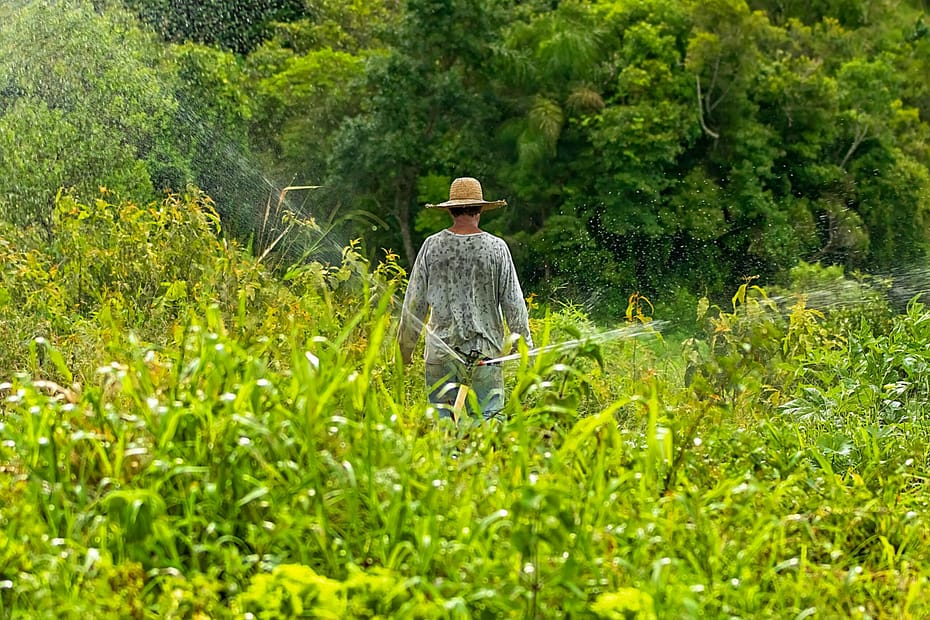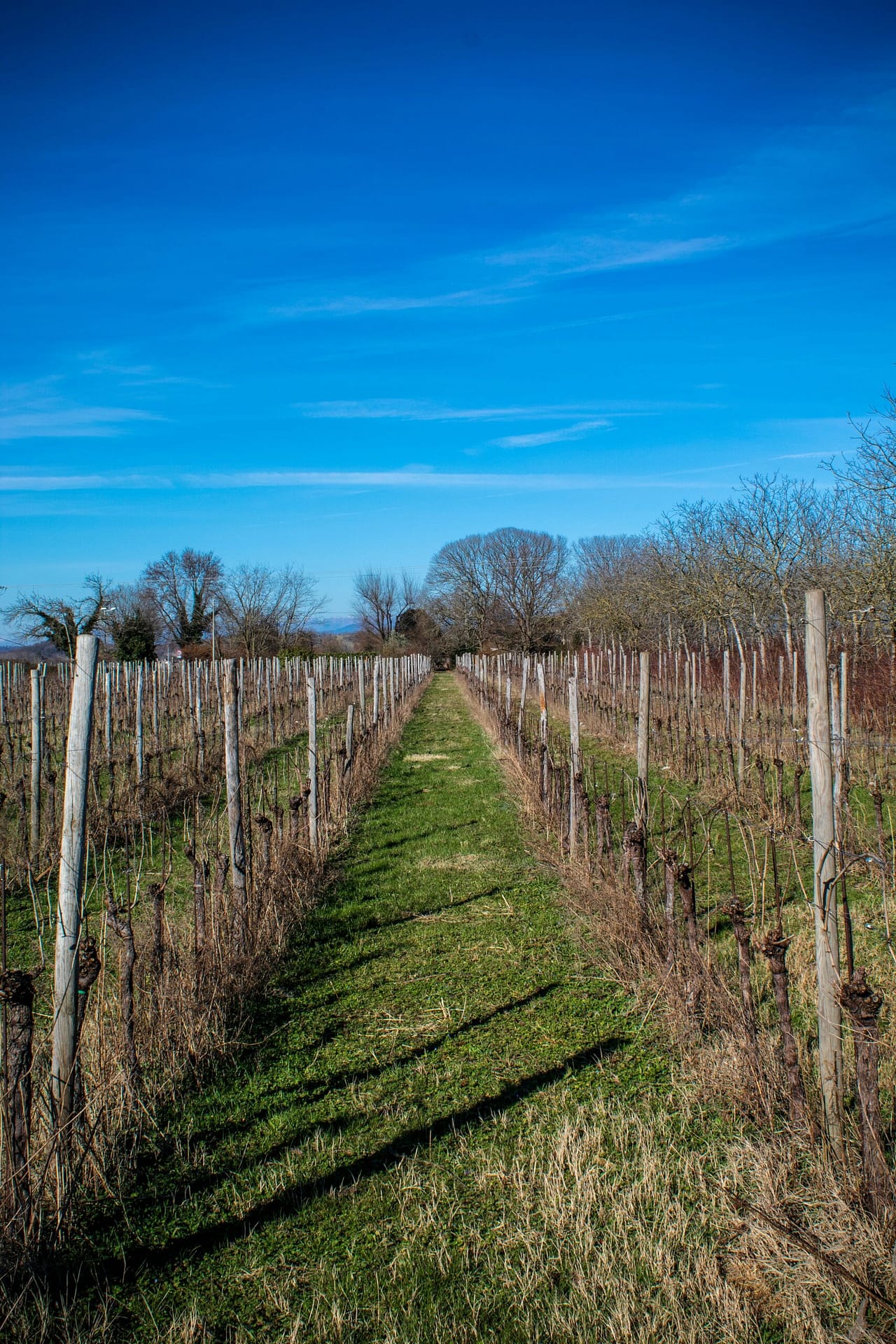What Licenses Are Required For Cannabis Cultivation In Vermont?
What licenses are required for cannabis cultivation in Vermont?
Understanding Cannabis Cultivation Licenses
If you are considering starting a cannabis cultivation business in Vermont, it is crucial to understand the licensing requirements. Different licenses are necessary for various aspects of cannabis production, including cultivation, processing, and sale. Let’s take a closer look at the licenses required for cannabis cultivation in Vermont.
Overview of Vermont Cannabis Cultivation Licenses
In Vermont, the Cannabis Control Board oversees the licensing and regulation of cannabis cultivation operations. The state offers different types of licenses based on the size and scope of the cultivation activities. It is essential to determine the type of license that best suits your business model before applying.
Types of Cannabis Cultivation Licenses in Vermont
There are several types of cannabis cultivation licenses available in Vermont, each catering to different scales of operations. Common license types include:
- Small Cultivator License: Ideal for small-scale growers with limited cultivation space.
- Medium Cultivator License: Suitable for medium-sized operations with moderate cultivation areas.
- Large Cultivator License: Designed for large-scale commercial growers with extensive cultivation facilities.
Application Process for Cannabis Cultivation Licenses
The application process for obtaining a cannabis cultivation license in Vermont involves several steps. Applicants must meet certain criteria and submit the necessary documentation to the Cannabis Control Board. It is crucial to familiarize yourself with the application requirements before starting the process.
Criteria for Cannabis Cultivation License Eligibility
To be eligible for a cannabis cultivation license in Vermont, applicants must meet specific criteria set forth by the state. Common eligibility requirements include:
- Proof of Vermont residency.
- Background checks for all individuals involved in the cultivation operation.
- Compliance with zoning regulations for the proposed cultivation site.
Documents Required for Cannabis Cultivation License Application
When applying for a cannabis cultivation license in Vermont, you will need to submit various documents to support your application. Some of the essential documents include:
- Business plan outlining your cultivation operations and compliance strategies.
- Site plan showing the layout of the cultivation facility and security measures.
- Financial statements demonstrating the financial viability of the cultivation business.
Fees Associated with Cannabis Cultivation Licenses
Obtaining a cannabis cultivation license in Vermont involves paying certain fees to the Cannabis Control Board. The fees vary depending on the type of license and the scale of cultivation activities. It is essential to budget for these fees when planning to start a cannabis cultivation business in the state.
Regulatory Compliance for Cannabis Cultivation Operations
Once you have obtained a cannabis cultivation license in Vermont, you must ensure ongoing compliance with state regulations. This includes maintaining accurate records of cultivation activities, implementing security measures, and adhering to product testing requirements. Failure to comply with regulations can result in penalties or license suspension.
Cultivation Restrictions and Limitations in Vermont
It is essential to be aware of the cultivation restrictions and limitations imposed by the state of Vermont. These may include restrictions on cultivation area, plant count, and pesticide use. Understanding these restrictions is crucial for ensuring compliance and avoiding potential legal issues.
Monitoring and Reporting Requirements for Cultivation Operations
Cannabis cultivation license holders in Vermont are required to maintain detailed records of their cultivation activities. This includes tracking the cultivation process from seed to sale, documenting inventory levels, and reporting any discrepancies to the Cannabis Control Board. It is essential to stay organized and maintain accurate records to comply with reporting requirements.
Inspections and Audits for Cannabis Cultivation Facilities
Cannabis cultivation facilities in Vermont are subject to periodic inspections and audits by state regulators. Inspections are conducted to ensure compliance with cultivation regulations and standards. It is essential to maintain a clean and organized cultivation facility to pass inspections successfully.
Conclusion
Starting a cannabis cultivation business in Vermont requires obtaining the necessary licenses and adhering to state regulations. By understanding the licensing requirements, application process, and ongoing compliance obligations, you can set yourself up for success in the cannabis industry. Good luck on your journey towards becoming a licensed cannabis cultivator in Vermont!


